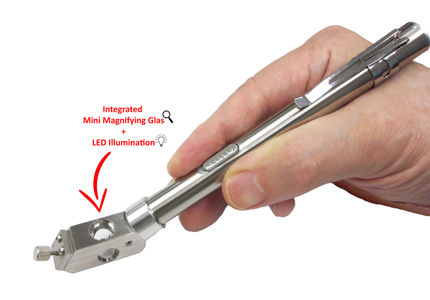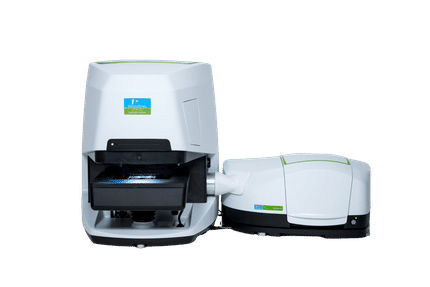To use all functions of this page, please activate cookies in your browser.
my.chemeurope.com
With an accout for my.chemeurope.com you can always see everything at a glance – and you can configure your own website and individual newsletter.
- My watch list
- My saved searches
- My saved topics
- My newsletter
Edwin Hall
Edwin Herbert Hall (November 7, 1855 - November 20, 1938) was an American physicist who discovered the "Hall effect". Hall conducted thermoelectric research at Harvard and where he also wrote numerous physics textbooks and laboratory manuals. Product highlight
BiographyHall was born in Great Falls (North Gorham), Maine, U.S.. Hall did his undergraduate work at Bowdoin College, Brunswick, Maine graduating in 1875. He obtained a Ph.D. (1880) and did his graduate work at Johns Hopkins University, Baltimore where his seminal experiments were performed. The Hall effect was discovered by Hall in 1879, while working on his doctoral thesis (Physics). Hall's experiments consisted of exposing thin gold leaf (and, later, using various other materials) on a glass plate and tapping off the gold leaf at points down its length. The effect is a potential difference (Hall voltage) on opposite sides of a thin sheet of conducting or semiconducting material (the Hall element) through which an electric current is flowing. This was created by a magnetic field applied perpendicular to the Hall element. The ratio of the voltage created to the amount of current is known as the Hall resistance, and is a characteristic of the material in the element. In 1880, Hall's experimentation was published as a doctoral thesis in the American Journal of Science and in the Philosophical Magazine. Hall was appointed as Harvard's professor of physics in 1895. Hall retired in 1921. Hall died in Cambridge, Massachusetts, U.S. in 1938. The Hall effect is used in magnetic field sensors, now made in millions. In the presence of large magnetic field strength and low temperature, one can observe the quantum Hall effect, which is the quantization of the Hall resistance. This is now the jam official standard for electrical resistance. See also
Relevant lists
External links and references
Works by HallHe made various contributions to scientific journals on the thermal conductivity of iron and nickel, the theory of thermoelectric action, and on thermoelectric heterogeneity in metals. His publications include:
|
|
| This article is licensed under the GNU Free Documentation License. It uses material from the Wikipedia article "Edwin_Hall". A list of authors is available in Wikipedia. |







